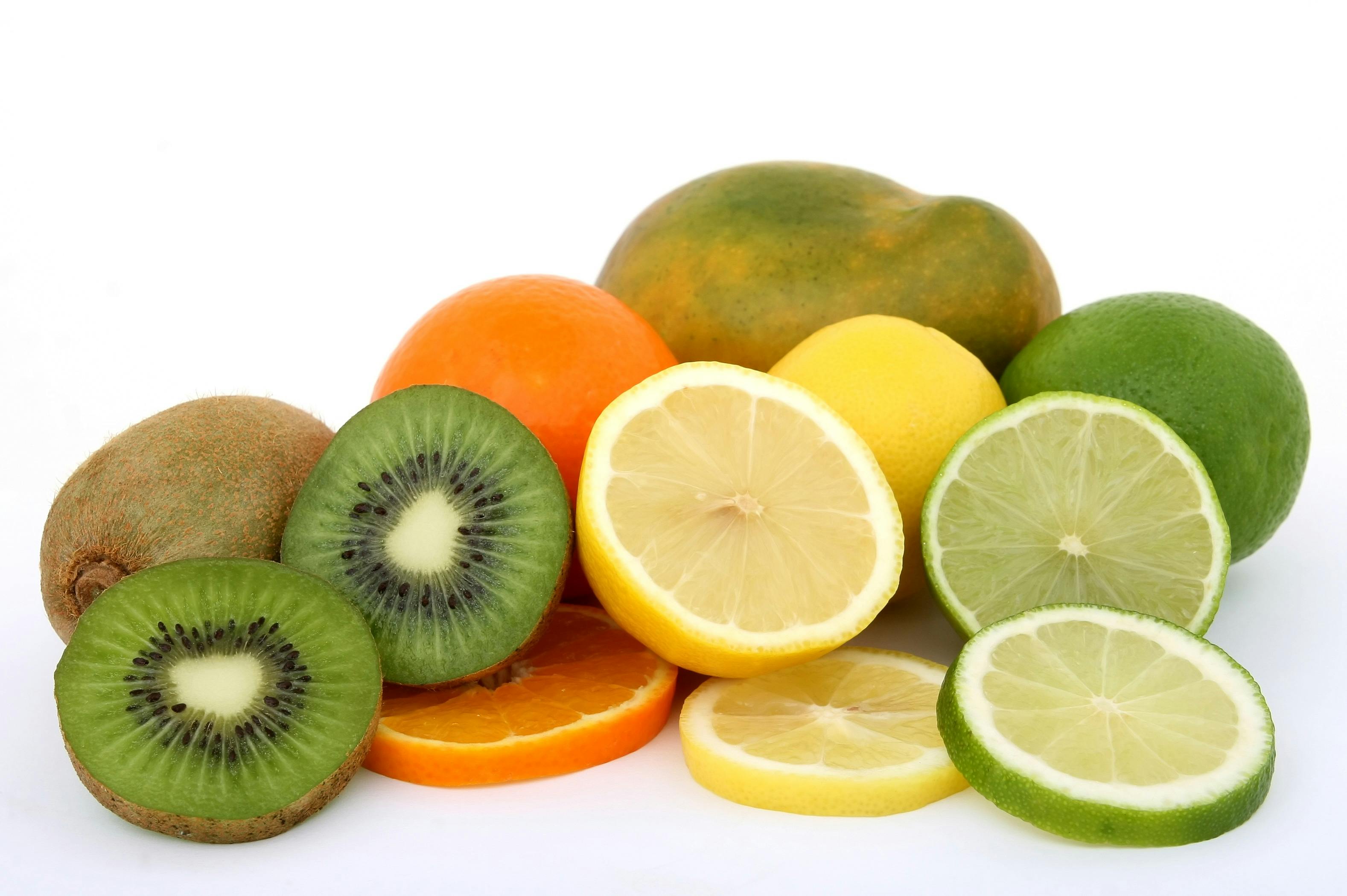Being in graduate school, I think it is safe to assume that the awareness of stress exists every day. With deadlines and balancing multiple roles, it can be overwhelming. Yet, with a busy life, it is hard to acknowledge the role stress plays within your life. We often go numb to the feeling, thinking that it is a part of our everyday life. It can get the best of us. I know, from personal experience, that it can be scary. However, in order to acknowledge something, you must know exactly what it is that you are acknowledging.
What is stress?
While many people can answer this question in their own way, stress is an actual physical response. It is not necessarily a bad thing. Reaching all the way back to the cavemen days, the process of stress alerts the body when there is danger. Specifically, the body thinks it is under attack and starts the process of the ‘fight or flight response’. Within this response, the body releases a mix of hormones and chemicals, such as, adrenaline, cortisol, and norepinephrine. Number of reactions start to occur, causing blood to be diverted to the muscles, shutting down unnecessarily bodily function, such as, digestion. This sudden release of energy allows your body to either fight or flight.
Even though we are not cave dwellers, we experience the fight or flight response within the modern world. For example, when someone either swerves in front of your car or slams on their brakes unexpectedly, your fast response is your bodies stress response.
What does diet have to do with stress?
Just as we need air to breathe, we need food for our body to function regularly. A diet that is high in simple sugars and low soluble carbohydrates can cause heighten spike of energy, while feeding into the lows and highs that are caused by stress hormones. Therefore, it is advised that a balanced diet with a variety of foods is key to optimizing health.
What should I include within my diet to help reduce stress?
Below are some stress relieving foods, that may help balance sugar levels and make you feel less stressed:



Other foods include: leafy greens, bananas, milk, dark chocolate, nuts, avocados, salmon, and vitamin C rich fruits (lemons, lime, kiwi, etc).
Overall, it’s important to not only assess your stress, but also, your diet. If you are feeling a bit stressed out, try out one of the foods above. It may help you more than you think.

